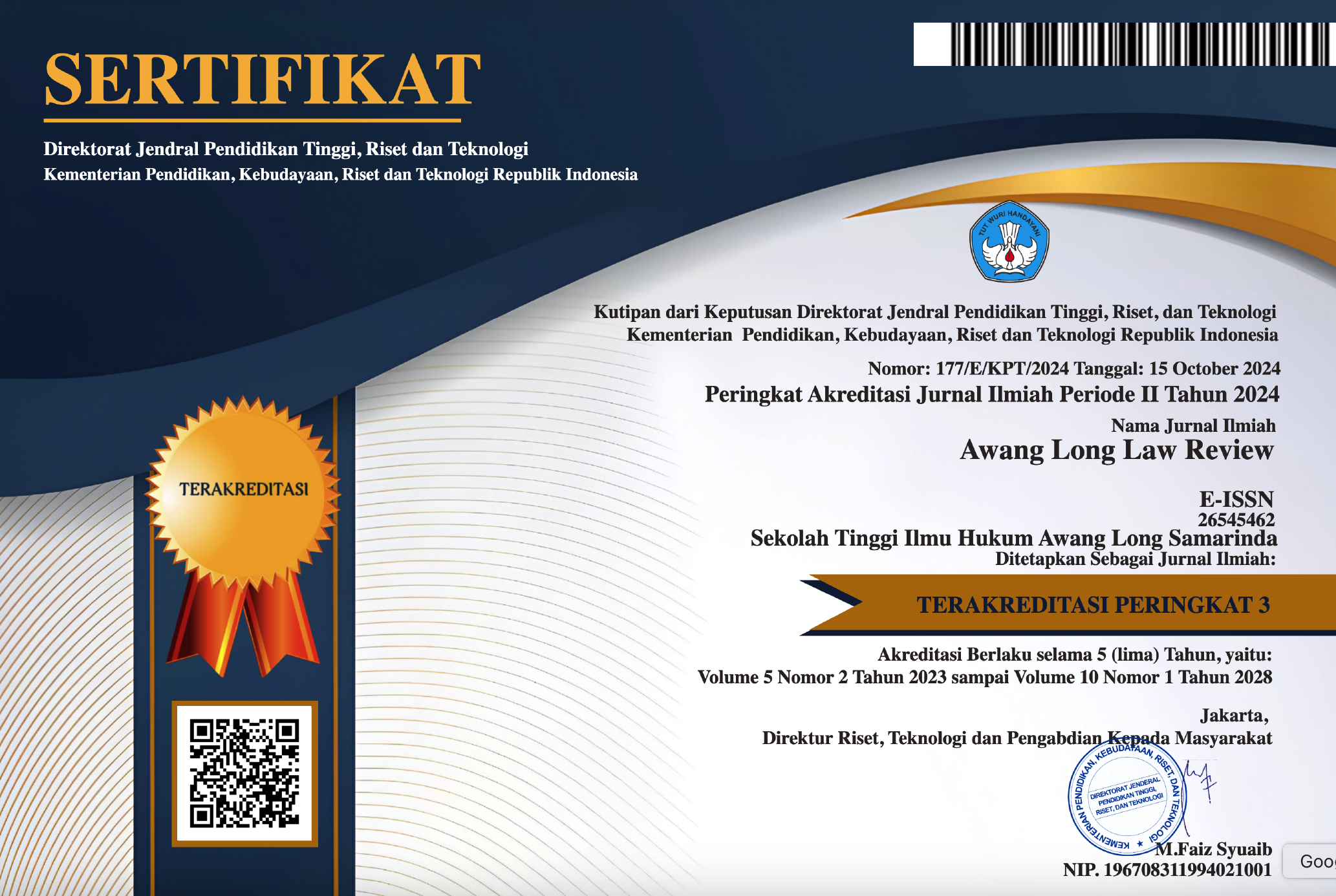SOCIAL MEDIA LITERATION IN TREATING THE SPREAD OF FAKE NEWS: ITE LAW PERSPECTIVE
Abstract
The rapid development of information, media and communication technology has changed the behavior of people and their environment to become more global and open. The advancement of information and communication technology has had various impacts, both positive and negative impacts, because on the one hand it contributes to the improvement of welfare, progress and human civilization, but on the other hand it becomes an effective means of illegal acts. One of the consequences of digital technology advances is the widespread spread of fake news or hoaxes in the community. By using the library research method, this research will become one of the writings that become a reference for the community to avoid the spread of hoax news. The ITE Law has provided a provision that perpetrators of hoax news spread will receive criminal sanctions based on a quo Law and also the Criminal Code. Therefore, the role of social media literacy is the most appropriate solution to dealing with this problem.
Downloads
Copyright (c) 2020 Awang Long School of Law

This work is licensed under a Creative Commons Attribution-ShareAlike 4.0 International License.







